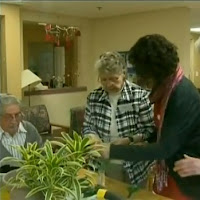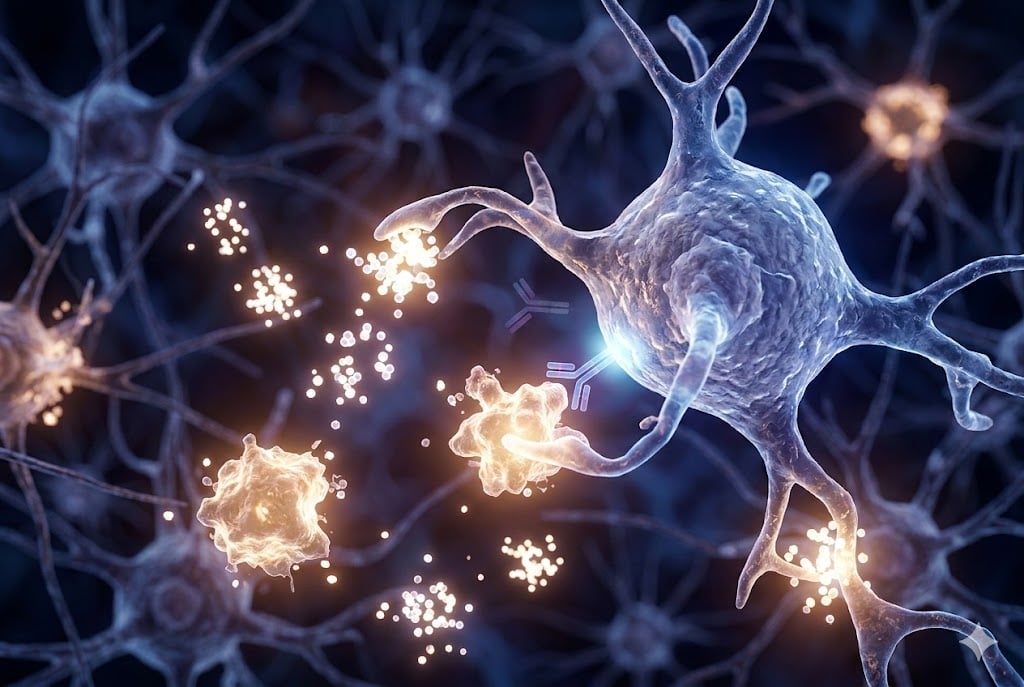
Don’t Be the 1 of 3 Who Didn’t Dial 911
Vascular dementia has struck a million Americans. It’s often caused by a stroke. Learn how easy it is to prevent a stroke when you know the signs and quickly call 911.

Vascular dementia has struck a million Americans. It’s often caused by a stroke. Learn how easy it is to prevent a stroke when you know the signs and quickly call 911.

VIDEO + ARTICLE: The world’s lowest rates of dementia are found in Amazonian indigenous groups. Now there’s more evidence their lifestyles may hold clues to preventing Alzheimer’s. Learn more.

See the positive memory-impact of your caffeinated “morning routine”. Learn the real effects of coffee on the brain, from Johns Hopkins University.

LIFE-SAVING VIDEO:
Catching a stroke quickly can avoid vascular dementia. See how one smart lady, with one smartphone, shot the video that saved her brain.

SUGAR raises diabetes AND dementia risk. Will research into the hormone “amylin” reveal the reason why?

Did you know women have a higher risk of dementia than men? In fact, two-thirds of cases are women. But why? In this video, we dive into 5 reasons why women are more susceptible to dementia, backed by research and scientific studies.

VIDEO + ARTICLE: People who get more REM sleep get less dementia. REM sleep is when dreaming occurs. Learn about the stages of sleep and their dementia links.

DIET & NUTRITION: ADNI (Alzheimer’s Disease Neuroimaging Initiative) is a massive research project. ADNI showed fish oil supplements offer improvements in cognitive decline and brain atrophy. Learn how.

VIDEOS + ARTICLE: Women are dangerously under-educated on female stroke risk. “Women do not think they are going to have a stroke. They think of it as a man’s disease,” said Dr. Greene-Chandos. Yet millions of women have strokes, often leading to vascular dementia. Learn what to look for and how to take action.

DIET VIDEO + ARTICLE: People over 85, with a cholesterol increase, showed less decline in cognition and thinking. Is there a good age to stop our statins and change diets?

Amyloid is one of the leading culprits behind Alzheimer’s. Scientists know it damages memory by killing brain cells. Now research reveals how amyloid triggers memory loss in perfectly healthy brain cells as well. Learn more about how Alzheimer’s develops.

Getting out into the fresh air and taking a walk does good things for your brain and well-being, researchers say.

A new test that can be completed in less than three minutes enables simple, accurate detection of cognitive impairment and Alzheimer’s in cognitively normal adults, including those with no symptoms of dementia. Find out more.

In gardening, people with Alzheimer’s grow fresh plants along with better thinking. It’s a pleasant way to make things easier.

The co-founder of a caregivers’ organization introduces technology he has found helpful in caring for his grandmother with dementia.

People with dementia are enjoying yoga and dance classes at the Alzheimer’s Association. See why caregivers find the classes “EXTREMELY helpful.”

Swiss researchers find that people with certain personality traits are protected against Alzheimer’s disease, including those who are less agreeable, had natural curiosity, and were nonconformists. Find out why.
No spam, only news and updates.


